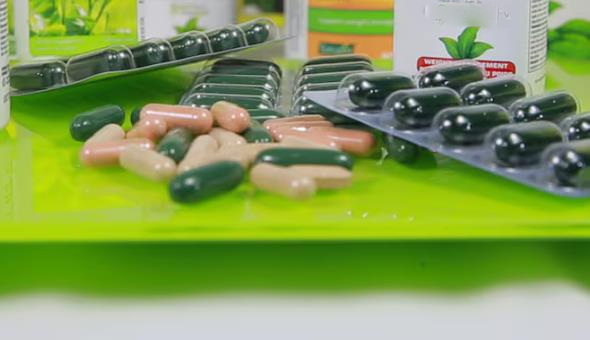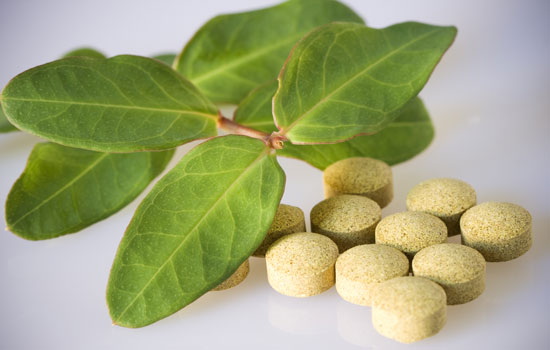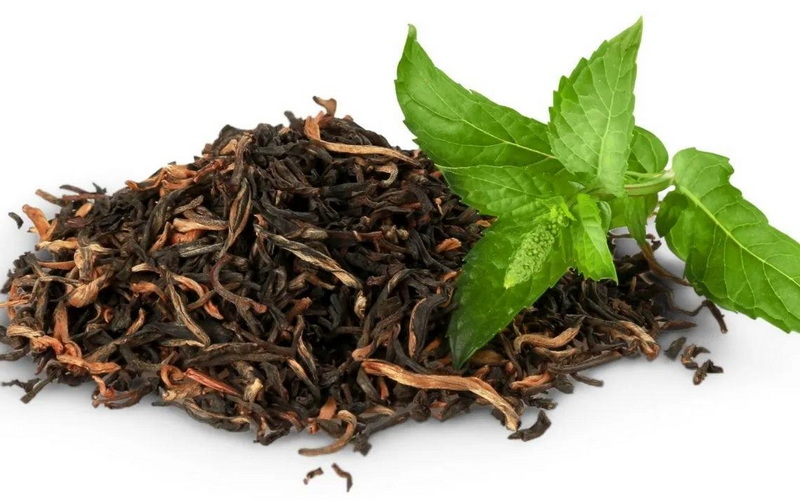Content Menu
● What is Green Tea Extract?
>> Benefits of Green Tea Extract
● Potential Dangers of Green Tea Extract
>> Liver Toxicity
>> Caffeine-Related Side Effects
>> Gastrointestinal Issues
>> Drug Interactions
>> Genetic Factors
>> Overconsumption Risks
>> Quality Control Issues
● Recommended Dosage
● Conclusion
● Related Questions
>> 1. What are the main active compounds in green tea extract?
>> 2. Can I take green tea extract if I have a liver condition?
>> 3. How much caffeine does green tea extract contain?
>> 4. Are there any specific groups who should avoid green tea extract?
>> 5. How does brewing green tea compare to taking extracts?
● Citations:
Green tea extract has gained immense popularity in recent years for its purported health benefits, including weight loss, improved heart health, and antioxidant properties. However, concerns about its safety have surfaced, particularly regarding its potential side effects and interactions with other substances. This article delves into the dangers associated with green tea extract, providing a comprehensive overview of its effects on health.

What is Green Tea Extract?
Green tea extract is derived from the leaves of the *Camellia sinensis* plant, the same plant used to produce green tea. It is available in various forms, including capsules, powders, and liquid extracts. The extract is concentrated and contains higher levels of active compounds, particularly catechins, which are believed to confer many health benefits.
Benefits of Green Tea Extract
Before discussing the dangers, it's essential to acknowledge the potential benefits of green tea extract:
- Antioxidant Properties: Rich in catechins, particularly epigallocatechin gallate (EGCG), green tea extract helps combat oxidative stress in the body.
- Weight Loss: Some studies suggest that green tea extract can aid in weight loss by increasing metabolism and fat oxidation.
- Heart Health: Regular consumption may improve heart health by lowering cholesterol levels and improving blood circulation.
- Cancer Prevention: Preliminary research indicates that the antioxidants in green tea may help reduce the risk of certain cancers.
Despite these benefits, it is crucial to consider the risks associated with high doses or prolonged use of green tea extract.
Potential Dangers of Green Tea Extract
Liver Toxicity
One of the most significant concerns surrounding green tea extract is its association with liver toxicity. Reports have emerged linking high doses of green tea extract to liver damage. A notable case involved a healthy individual who developed liver toxicity after consuming over-the-counter supplements containing green tea extract for several years. Symptoms included nausea and abdominal pain, leading to hospitalization.
Research indicates that individuals with pre-existing liver conditions or those taking other medications may be at a higher risk for adverse effects. The exact mechanism behind this toxicity is not fully understood but may involve the concentration of catechins in supplements compared to brewed green tea.
Caffeine-Related Side Effects
Green tea naturally contains caffeine, which can lead to various side effects when consumed in excess. These include:
- Anxiety and Jitters: High caffeine intake can cause anxiety, restlessness, and jitteriness, particularly in sensitive individuals.
- Insomnia: Consuming green tea extract late in the day can disrupt sleep patterns due to its caffeine content.
- Increased Heart Rate: Some individuals may experience palpitations or an irregular heartbeat when consuming high doses of caffeine from extracts.
Gastrointestinal Issues
Another common side effect associated with green tea extract is gastrointestinal discomfort. This can manifest as:
- Nausea: Some users report feeling nauseous after taking green tea extract supplements.
- Diarrhea: High doses can lead to diarrhea or upset stomach, particularly when taken on an empty stomach.

Drug Interactions
Green tea extract may interact with various medications, leading to potentially harmful effects. Some known interactions include:
- Blood Thinners: Green tea can enhance the effects of anticoagulants like warfarin, increasing the risk of bleeding.
- Stimulants: Combining green tea extract with other stimulants can exacerbate side effects such as increased heart rate and anxiety.
It is crucial for individuals taking medications to consult their healthcare provider before starting any new supplement regimen involving green tea extract.
Genetic Factors
Recent studies suggest that genetic variations may influence how individuals metabolize green tea extract. Certain genetic profiles could predispose individuals to adverse reactions, including liver damage. This highlights the importance of personalized approaches when considering supplementation.
Overconsumption Risks
The concentrated nature of green tea extracts means that overconsumption can lead to serious health issues. Symptoms of overdose may include severe headaches, dizziness, and even liver failure in extreme cases. It's essential for consumers to adhere strictly to recommended dosages and be aware of their body's responses when using these supplements.
Quality Control Issues
Another factor contributing to potential dangers is the lack of regulation in dietary supplements. Unlike pharmaceuticals, supplements like green tea extract are not subject to rigorous testing for safety and efficacy before hitting the market. This means that some products may contain unlisted ingredients or varying concentrations of active compounds, which can pose additional risks to consumers.
Recommended Dosage
While moderate consumption of brewed green tea is generally considered safe for most people (up to 8 cups per day), the same cannot be said for concentrated extracts. The recommended dosage for green tea extract varies but typically ranges from 250 to 500 milligrams per day. Exceeding this amount increases the risk of side effects significantly.
Conclusion
In summary, while green tea extract offers several health benefits, it is not without risks. Concerns over liver toxicity, caffeine-related side effects, gastrointestinal issues, drug interactions, genetic predispositions, overconsumption risks, and quality control issues warrant caution among potential users.
Individuals considering adding green tea extract to their regimen should consult healthcare professionals to assess their suitability based on personal health conditions and any medications they might be taking. Moderation is key; while enjoying brewed green tea can be beneficial and safe for most people, concentrated extracts should be approached with care.

Related Questions
1. What are the main active compounds in green tea extract?
The primary active compounds in green tea extract are catechins, particularly epigallocatechin gallate (EGCG), which are known for their antioxidant properties and potential health benefits.
2. Can I take green tea extract if I have a liver condition?
Individuals with pre-existing liver conditions should exercise caution when considering green tea extract supplements due to potential liver toxicity. Consulting a healthcare provider is recommended before use.
3. How much caffeine does green tea extract contain?
The caffeine content in green tea extracts varies by product but typically ranges from 30 mg to 100 mg per serving. It's important to check product labels for specific information regarding caffeine content.
4. Are there any specific groups who should avoid green tea extract?
Pregnant or breastfeeding women, individuals with liver disease or certain medical conditions (such as anxiety disorders), and those taking specific medications (like blood thinners) should avoid or limit their intake of green tea extract without consulting a healthcare professional first.
5. How does brewing green tea compare to taking extracts?
Brewing green tea provides a lower concentration of active compounds compared to extracts but also reduces the risk of side effects associated with high doses. Drinking brewed green tea is generally safer than taking concentrated supplements while still offering health benefits.
Citations:
[1] https://www.webmd.com/vitamins/ai/ingredientmono-960/green-tea
[2] https://www.bannerhealth.com/newsroom/press-releases/green-tea-extract
[3] https://www.rutgers.edu/news/green-tea-extract-may-harm-liver-people-certain-genetic-variations
[4] https://www.alamy.com/stock-photo/green-tea-extract.html
[5] https://www.youtube.com/watch?v=6-2FJMtvcNA
[6] https://www.youtube.com/watch?v=eMuE16vLV_s
[7] https://www.urmc.rochester.edu/encyclopedia/content?contenttypeid=19&contentid=GreenTeaExtract
[8] https://www.nccih.nih.gov/health/green-tea
[9] https://www.freepik.com/free-photos-vectors/green-tea-extract
[10] https://www.vecteezy.com/free-videos/green-tea-extract






























